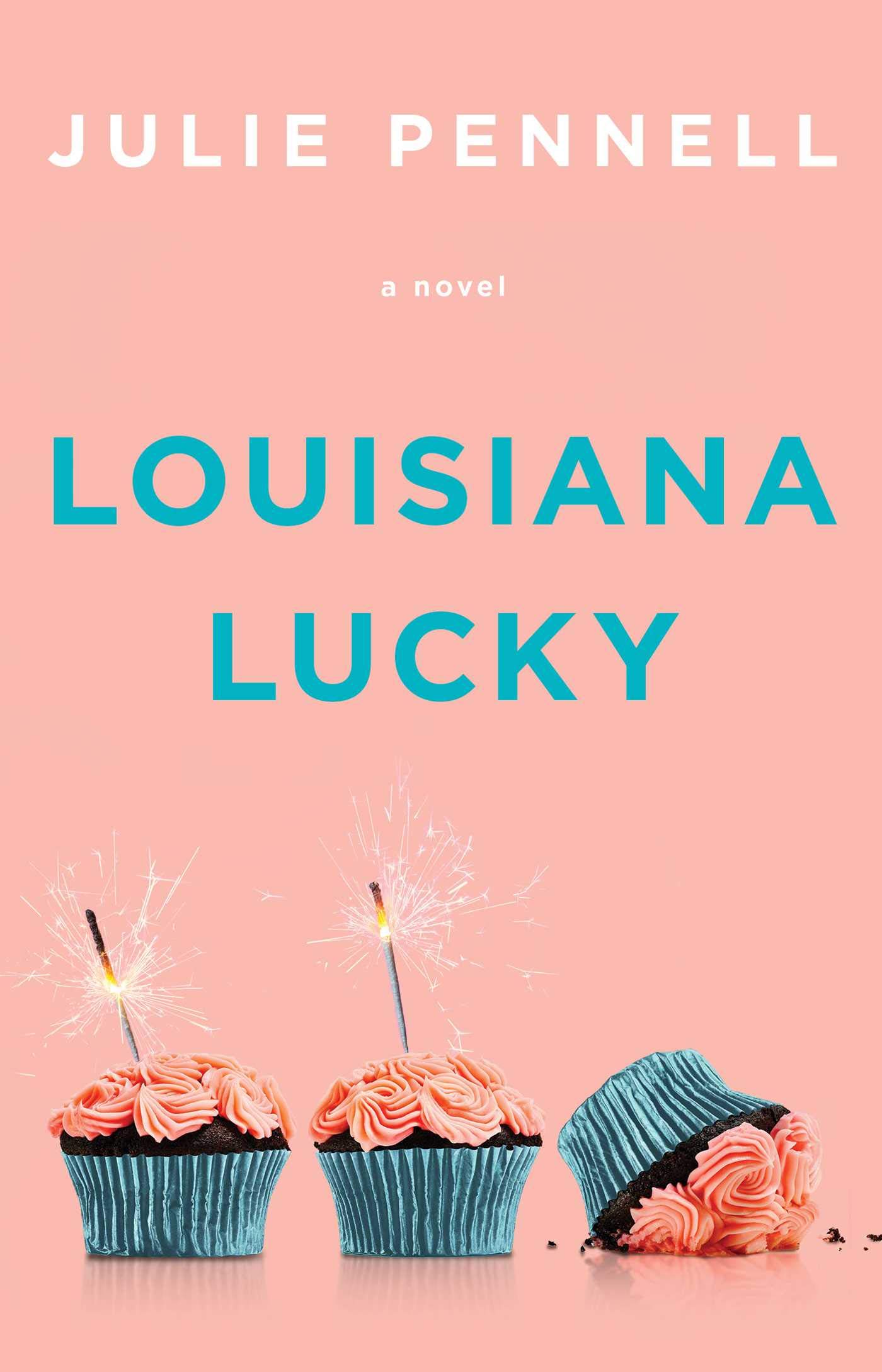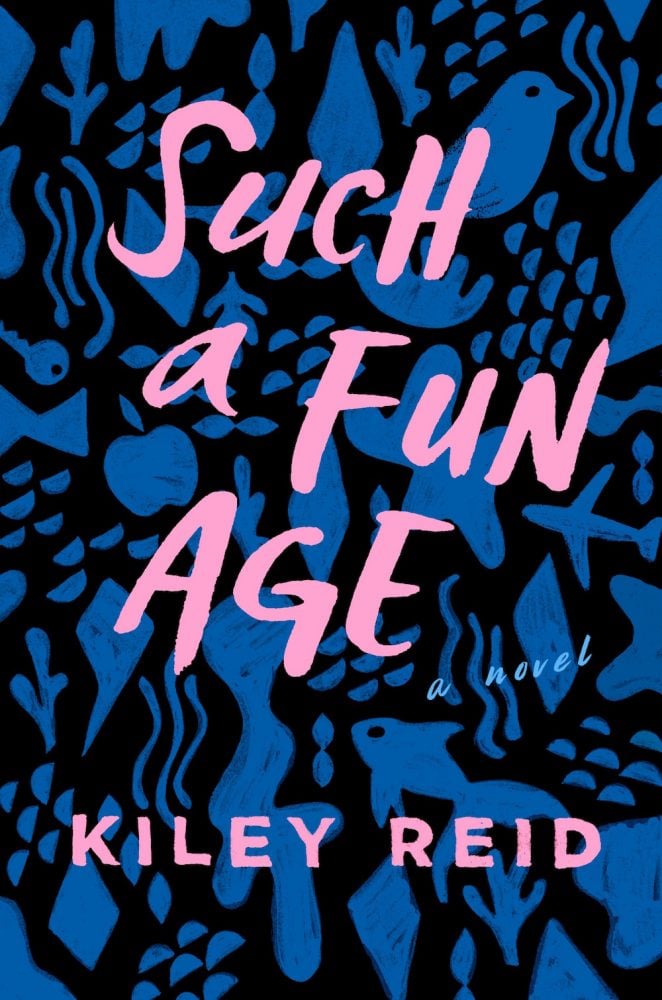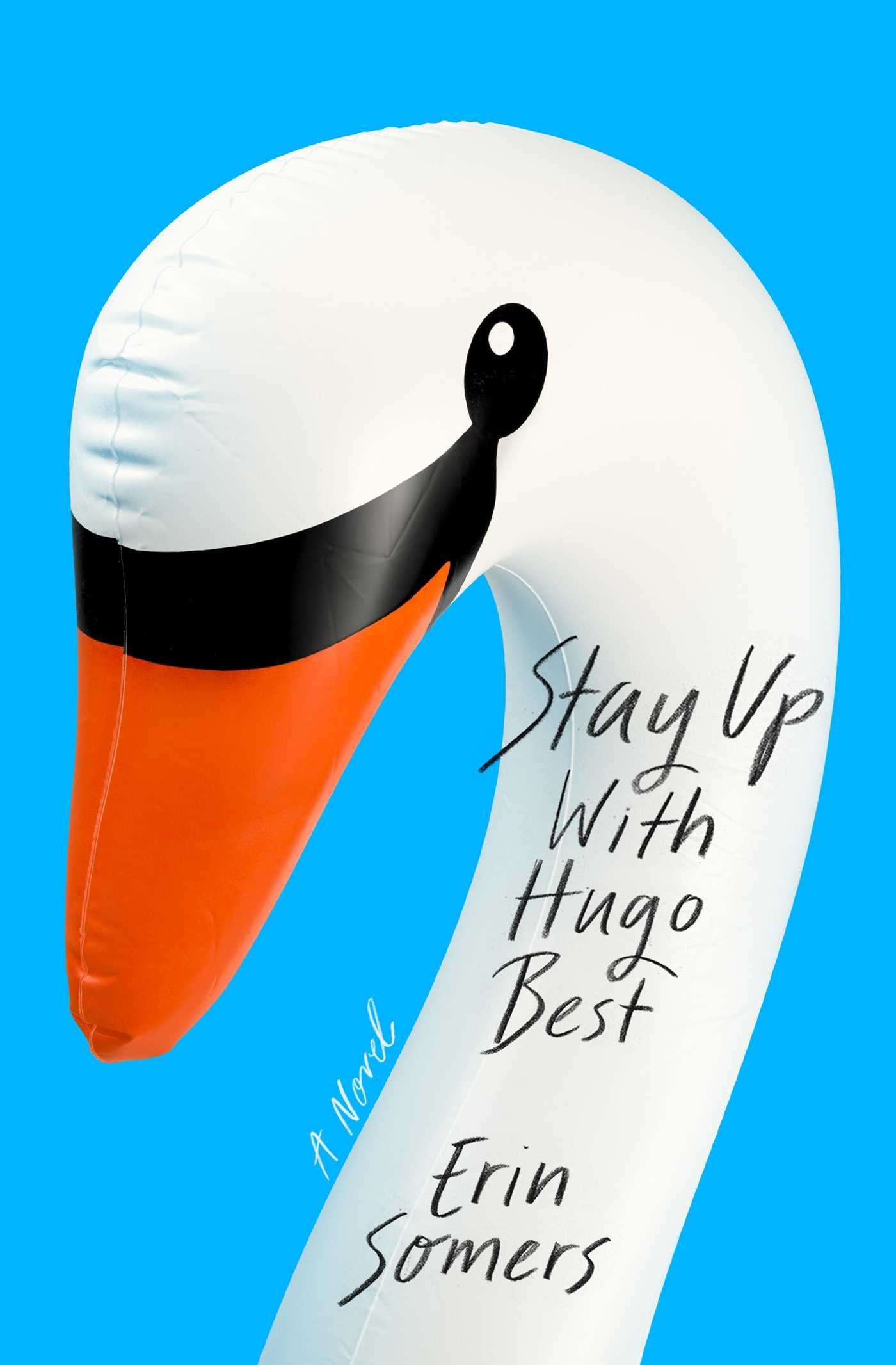
Thus far, I’ve focused primarily on works of fiction on the blog. It’s hard to be too snarky when it comes to people’s personal stories. When writing reviews and critiques, it’s imperative to separate the art from the artist, or the work from its author, but that’s a difficult task when dealing with memoir and non-fiction. The characters existed and stories happened, and, at least theoretically, authors of these genera can’t do much to change those elements. That being said, I LOVE memoir and nonfiction, and periodically go through phases where it’s all I read. Generally, I’m more drawn in by a memoirist’s point of view of the world and his or her manner of conveying events, rather than the actual events themselves. I like memoirs by characters who are perhaps too intellectual and clever for their own good, who oftentimes see the macabre hilarity in life, people who are strange and slightly off center– if not altogether mentally unstable– with whom I’d like to have dinner. Examples in the memoir/nonfiction/essay space include Augusten Burroughs, David Foster Wallace, Carrie Fisher, Jenny Lawson, and, on a more serious note, Ayaan Hirsi Ali. In case you haven’t gathered, memoirs of mental illness top my list.
Enter Lane Moore, who is the cutest human, creating relatable comedic material that is so raw, you’ll want to cry and cuddle with her— partly because she point-blank states that she craves comfortable, platonic cuddling, and partly because you’ve realized, while reading, how much you crave it, too. And by the way, yes, I can say a woman is ‘cute’ and still be a feminist. I’m not saying it in a condescending way. I genuinely find Moore’s outlook on life and her sensitivity to be adorable, though by no stretch do I mean to suggest that this precludes her from also being a badass. After all, how many authors have the brass to give their book the same name as a Franzen work, in the same nonfiction space? I can just imagine a (probably male) editor saying “so, Lane, we like all of it– at least all of it we understand and digest– but you do know the title is taken? By none other than Jonathan Franzen…” and her being like “yeah. I know. I like it, though.” end of story.
I have a hunch this book won’t appeal to everyone, and that quite a lot of people will find it “too millennial”; too soft, too much complaining, too much. But that’s also what makes it so special, that it won’t have universal appeal, that an agent and an editor and a publisher (and all the other members of the village it takes to raise a book up from a conceptual stage, through publication), all found the story worthwhile. They saw past profit margins, to the heart, and decided it was more important to publish good writing that would likely only resonate with a niche market. A book that could make an actual difference in. Areader’s life. A book called How to be Alone, that, for a few hours, makes you feel you’re not alone. Someone, a real, living human, also experiences similar emotions, and she’s afraid to express them, yet she pushes past her comfort zone to deliver us this gift.
Rating: 4.5/5 stars, rounded up on Goodreads because 99% of the people on there are assholes or idiots (or a combination of the two) and I want to make sure I’m bringing the average up.









